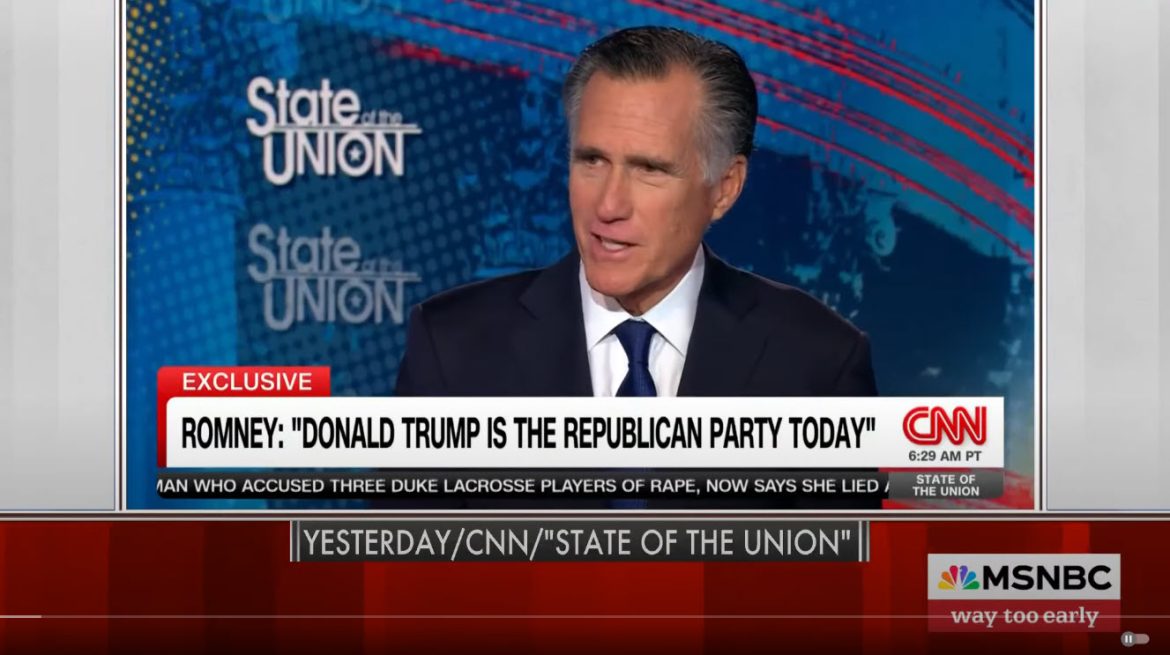Senator Mitt Romney is making headlines with his bold prediction for the future of the Republican Party, naming Senator JD Vance of Ohio as the likely GOP presidential nominee for the 2028 election. Speaking candidly about the party’s direction, Romney’s remarks have sparked significant discussion about the trajectory of Republican leadership and its potential standard-bearers in the post-Trump era.
Romney, a prominent figure within the party and a frequent critic of former President Donald Trump, highlights Vance as a rising star who aligns with the evolving priorities of the GOP. Known for his populist approach and his transformation from a Trump skeptic to a staunch ally, Vance represents a blend of traditional conservatism and the nationalist-populist themes that have gained traction within the party since 2016.
JD Vance, a first-term senator, gained national attention with the success of his memoir, Hillbilly Elegy, which chronicled the struggles of working-class Americans in Appalachia. His subsequent entry into politics cemented his reputation as a cultural conservative and advocate for middle-class economic policies. During his Senate campaign, Vance secured Trump’s endorsement, propelling him to victory in a competitive Ohio race.
Romney’s prediction underscores the shifting dynamics within the Republican Party, which continues to grapple with the influence of Trumpism and its appeal to voters. While Vance’s alignment with Trump has drawn praise from many within the GOP base, critics argue that his positions on issues like immigration and economic nationalism could alienate moderates and suburban voters.
Political analysts are weighing in on Romney’s comments, noting that Vance’s political trajectory mirrors the broader transformation of the GOP. With the 2024 presidential election still ahead, speculation about the party’s future leadership adds another layer to an already contentious political landscape. Observers point out that Vance’s potential candidacy in 2028 would likely depend on the outcome of the 2024 election and the influence of Trump or his ideological successors within the party.
Romney’s remarks also reflect his ongoing effort to position himself as a voice for moderation and institutional integrity within the GOP. As he prepares to retire from the Senate at the end of his term, Romney continues to speak out on the future direction of the party, emphasizing the need for leaders who can unify rather than divide. By identifying Vance as a possible nominee, Romney acknowledges the increasing dominance of populist figures while sparking debate about what the Republican Party will represent in the years to come.
The reaction to Romney’s prediction has been mixed. Supporters of Vance see him as a fresh face who can bridge the gap between traditional conservatives and the grassroots populist movement, while critics question whether his alignment with Trumpism can sustain long-term electoral success. As 2028 remains years away, Romney’s comments signal that the battle over the identity of the GOP is far from settled.



